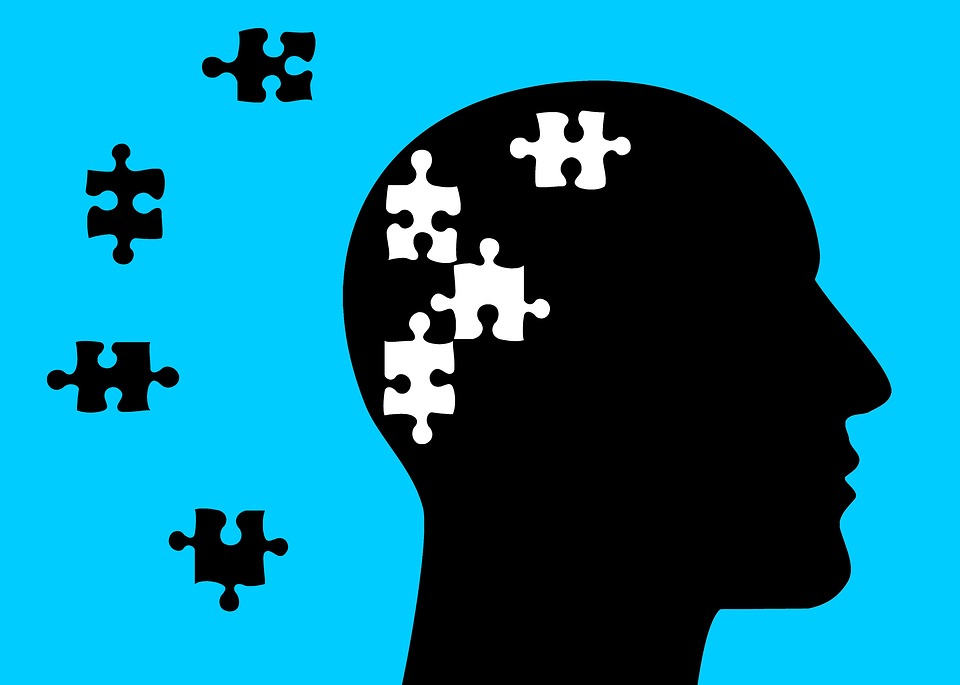Brain trauma is a critic condition feared by most. But, who said however scary it is it can’t be dealt? Many die due to shock, low self-esteem, fear and, of course, what you hear from people. Come on! Gone are the days when people used to rely on gossips which turns you down denying the opportunity to stand and fight for your life.
Be strong enough whenever you suffer the outlined problems and act immediately by finding solutions that will help you get on track.
Below are the three signs that you are suffering brain trauma after a collision.
1. Low Cognitive
What comes to your mind when you think of cognition? Well, I bet you should know. Cognition is the ability to know or remember. Your cognitive will always enable you to make the right choices by understanding information.
If you are involved in a road accident then you are likely to suffer cognitive problems such as amnesia, difficulties thinking and understanding and, inability to make new ideas. You might even find yourself losing concentration thus, low self-esteem.
Don’t be tied down if you suffer cognition after a collision because you can always find solutions that will get you back on track. You can see yourself a neuro-psychologist to help you out elevate your cognitive though it needs lots of sacrifices. It may take time for your psychologist to understand certain triggers that will work towards boosting your cognitive, but it’s an assurance that whichever help he or she is going to offer will help somewhere.
Alternatively, you can also enroll in cognitive therapy rehabilitation sessions. Here, you’ll be helped to recover skills that you may not remember or help you learn new ideas if the first option isn’t working best for you. You can also contact a lawyer to help you get compensation for your damage.
2. Behavioral Changes
Your change of behavior will depend on your affected part of the brain. These behavioral changes may affect your emotions sometimes. For example, the Amygdala helps in processing emotions; both fear and pleasure emotions. Therefore, if interfered with there’s a possibility you’ll suffer abnormal behavioral changes. At this point, you are likely to be more aggressive unable to control your anger thus, depression.
On the other hand, your personality may change incredibly. You may become silent or lack emotions. Some of the behavioral changes one may experience are depression, intolerance, negativity, mood swings, and egocentricity among others.
However, you can control your emotion behaviors by consulting a behavioral therapist near you to help you manage your actions. Your doctor will help you learn how to control your anger and aggressiveness. Alternatively, your neuro-psychologist help you redirect your emotions with something positive. Above all you need to be patient because good things take a step.
3. Impact Normal Functioning of the Human Body
The brain controls the normal functioning of the body. Your body will stop working usually when the brain’s nerve cells are damaged. Your mind will no longer send signals as before; therefore, your body’s ability is likely to undergo some changes. You may experience different problems depending on the damaged parts of your brain.
At this point, it’s difficult to identify the specific problems you may be suffering because your body is affected generally. Different issues will start to evolve as time goes by. Recovering from these problems may take months or even years.
Final Thoughts
The above problems can be taken care of if you don’t take chances but act immediately. Nothing can’t be done however how scary it may seem. Make sure you get a qualified neuro-psychologist and save a life.
Featured Image

